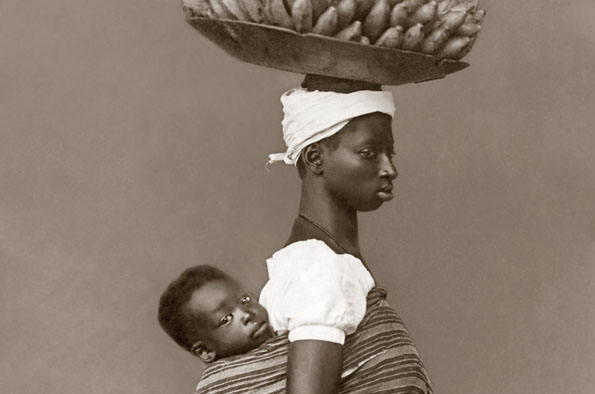
Specters of the Womb
- Laura Sandy
- Admission: Admission is free. Please register here.
Add this event to my calendar
Click on "Create a calendar file" and your browser will download a .ics file for this event.
Microsoft Outlook: Download the file, double-click it to open it in Outlook, then click on "Save & Close" to save it to your calendar. If that doesn't work go into Outlook, click on the File tab, then on Open & Export, then Open Calendar. Select your .ics file then click on "Save & Close".
Google Calendar: download the file, then go into your calendar. On the left where it says "Other calendars" click on the arrow icon and then click on Import calendar. Click on Browse and select the .ics file, then click on Import.
Apple Calendar: The file may open automatically with an option to save it to your calendar. If not, download the file, then you can either drag it to Calendar or import the file by going to File >Import > Import and choosing the .ics file.
This talk will explore enslaved women’s reproductive experiences in nineteenth-century Rio de Janeiro city and state.
Enslaved women’s reproductive capabilities underpinned the institution of slavery across the Americas. Women’s ability—or lack thereof—to conceive, bear, and raise children to productive age informed import numbers, plantation regimes, and abolitionist legislation.
In Brazil, as with most Atlantic slave societies, the enslaved population reproduced itself through imports and not natural growth, with a few regional and temporal exceptions.
While historians have focused on how enslaved women used their identities as mothers to fight for abolition, research has overlooked enslaved women’s own reproductive practices, outcomes, and experiences. These experiences are, of course, difficult if not impossible to access, as the available documentation was produced by and for slave-owning and medical elites.
In this talk, Cassia Roth will suggest two ways how we can read existing dominant sources, such as medical reports, to understand enslaved women’s experiences and pain.
Speaker: Cassia Roth, Assistant Professor of History and Latin American & Caribbean Studies, University of Georgia
Refreshments will be served after the lecture.
